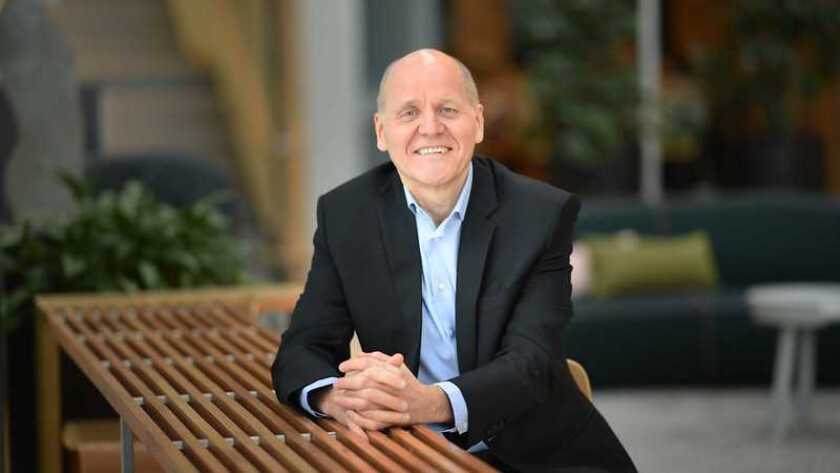The company’s first Digital Outlook Report says that how new technologies and the accelerating digitalisation of society can ensure a greener and smarter world by 2030, both for Norway and society as a whole.
Climate change is the greatest challenge of our generation, said Sigve Brekke (pictured), president and CEO of Telenor Group. “The latest report from The Intergovernmental Panel on Climate Change (IPCC) leaves no doubt about this. Combatting this will require something from every one of us, and it will impact all aspects of our lives.”
The report, from Telenor Research, says that advancing connectivity and the use of new digital technologies “are central to our ability to create new and better solutions that can safeguard our planet”.
Brekke said: “Digitalisation is the underlying theme that cuts across it all, and technology is at the heart of new solutions that make a green shift possible. We see across all industries that connectivity and the use of data trigger innovation, spawn new knowledge, broaden skills, and enable new ways of operating.”
He said that “Telenor is a firm believer in leveraging and advancing connectivity to accelerate the digital future – in order to empower societies”.
The report covers three sectors, which Telenor calls Live, Work and Learn.
In the Live section, Bjørn Taale Sandberg, senior VP and head of Telenor Research, writes: “Stopping global warming will take an all-out effort in three areas: optimising ‘everything’ to reduce energy consumption, cleaning up by removing carbon from the atmosphere, and transitioning the energy system.”
In the Work section, Christine Wergeland Sørbye, CEO of Oslo Science City, notes: “It is vital to design urban areas tailored to digital infrastructure, expanding the knowledge and innovation hub far beyond the city’s physical borders. … Exponentially increasing amounts of data, complex datasets, and possibilities for instantaneous and high-speed data transfers – coupled with fantastic developments in sensor technology and processor capabilities – providing remarkable opportunities to spur innovation, create long term value, and develop thousands of new sustainable jobs.”
In Learn, Cristina Rynning, Telenor group’s VP of global expert development, writes in the report: “Industries have been on a path of double disruption impacting people, processes, and technology, fuelled by digital transformation and increasing automation, since the early 2000s. Covid-19 amplified this impact and momentum, driving organisations adaptability to evolving on aspects of workplace and workforce.”






